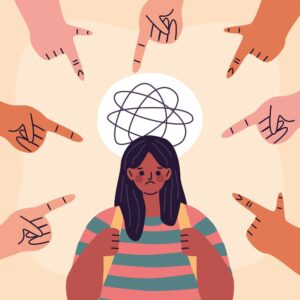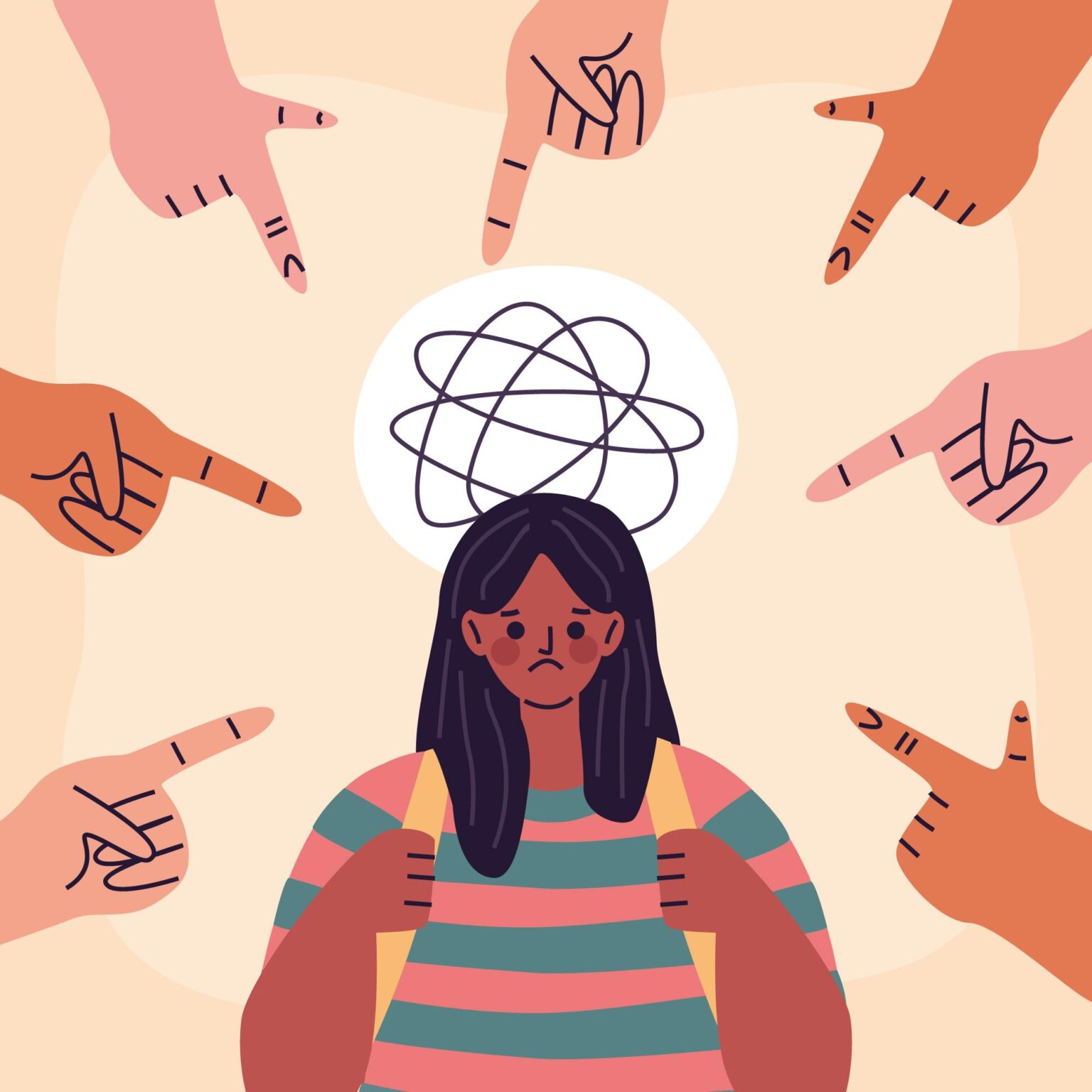 Mental health stigma finds its roots in historical misconceptions, cultural norms, and societal attitudes towards mental illness. Historically, mental health conditions were often misunderstood, leading to fear and ostracization. The association of mental health challenges with moral failings or supernatural influences further deepened the stigma.
Mental health stigma finds its roots in historical misconceptions, cultural norms, and societal attitudes towards mental illness. Historically, mental health conditions were often misunderstood, leading to fear and ostracization. The association of mental health challenges with moral failings or supernatural influences further deepened the stigma.
Cultural and societal norms play a significant role in shaping perceptions of mental health. Stigmatizing language, media portrayals, and prevailing attitudes contribute to the perpetuation of stereotypes, making it challenging for individuals to openly discuss their mental health struggles without fear of judgment or isolation.
The impact of mental health stigma is profound, affecting individuals on both personal and systemic levels. Individuals facing mental health challenges often internalize stigma, leading to feelings of shame, low self-esteem, and reluctance to seek help. Fear of judgment and discrimination can deter individuals from accessing essential mental health services, exacerbating their conditions and limiting their ability to lead fulfilling lives.
At a systemic level, stigma contributes to disparities in mental health care access. Stigmatized individuals may face discrimination in employment, education, and social interactions, further perpetuating cycles of poverty and exclusion. Mental health stigma also impedes public discourse, hindering efforts to establish comprehensive mental health policies and allocate adequate resources to support affected individuals.
Media plays a crucial role in shaping societal perceptions of mental health. Unfortunately, stigmatizing narratives are still prevalent in various forms of media, including movies, television shows, and news coverage. Sensationalized portrayals often depict individuals with mental health conditions as dangerous, unpredictable, or morally flawed, reinforcing negative stereotypes.
Counteracting these harmful narratives requires a concerted effort to promote accurate and empathetic depictions of mental health in media. Collaborations between mental health advocates and media professionals can help create content that reflects the diversity of experiences and challenges individuals face, fostering understanding and reducing the stigma associated with mental health conditions.
The language used to discuss mental health plays a pivotal role in shaping societal attitudes. Stigmatizing language, such as derogatory terms or casual expressions that trivialize mental health challenges, contributes to the perpetuation of stigma. Conversely, adopting language that is respectful, inclusive, and person-centered can contribute to breaking down these barriers.
Educational campaigns aimed at raising awareness about the impact of language on mental health stigma can empower individuals to choose words wisely. Encouraging open conversations and providing guidelines for responsible reporting can contribute to a cultural shift in which mental health is discussed with the sensitivity and compassion it deserves.
Addressing mental health stigma requires a foundation of understanding and empathy. Educational initiatives that promote mental health literacy can play a crucial role in dispelling myths, providing accurate information, and fostering a culture of acceptance. Integrating mental health education into school curricula, workplace training programs, and community outreach efforts can contribute to a more informed and compassionate society.
Mental health literacy not only benefits individuals facing mental health challenges but also empowers friends, family members, and communities to provide support. Understanding the prevalence and diversity of mental health conditions helps dismantle stereotypes and fosters an environment where seeking help is seen as a sign of strength rather than weakness.
Sharing personal stories of lived experiences with mental health challenges can be a powerful tool in humanizing the issue and challenging preconceived notions. When individuals bravely share their journeys, it helps break down the walls of stigma by illustrating that mental health conditions can affect anyone, regardless of background or circumstance.
Empowerment through storytelling extends beyond individual narratives. Collective efforts to create platforms for diverse voices within the mental health community amplify the message that seeking help is a universal and essential aspect of well-being. These stories foster connections, inspire empathy, and contribute to a cultural shift away from judgment towards understanding.
Effective policy advocacy is integral to dismantling mental health stigma on a systemic level. Policies that prioritize mental health services, destigmatize seeking help, and protect the rights of individuals with mental health conditions contribute to a more inclusive and supportive society.
Advocacy efforts should focus on challenging discriminatory practices, securing funding for mental health services, and promoting workplace policies that prioritize employee well-being. Additionally, legal frameworks that protect individuals from discrimination based on mental health status are essential for creating an environment where individuals feel safe to disclose their challenges and seek assistance without fear of reprisal.
Breaking the chains of mental health stigma is a multifaceted endeavor that requires collective action from individuals, communities, and policymakers. By understanding the origins of stigma, acknowledging its impact, and actively challenging stigmatizing narratives, societies can foster environments that prioritize empathy, inclusion, and support for individuals facing mental health challenges. Through education, destigmatizing language, and policy advocacy, we can aspire to a future where mental health is viewed without judgment, and seeking help is met with compassion and understanding.



 Mental health stigma finds its roots in historical misconceptions, cultural norms, and societal attitudes towards mental illness. Historically, mental health conditions were often misunderstood, leading to fear and ostracization. The association of mental health challenges with moral failings or supernatural influences further deepened the stigma.
Mental health stigma finds its roots in historical misconceptions, cultural norms, and societal attitudes towards mental illness. Historically, mental health conditions were often misunderstood, leading to fear and ostracization. The association of mental health challenges with moral failings or supernatural influences further deepened the stigma.